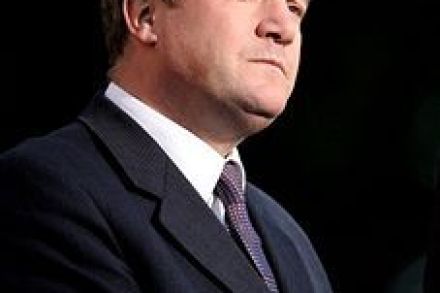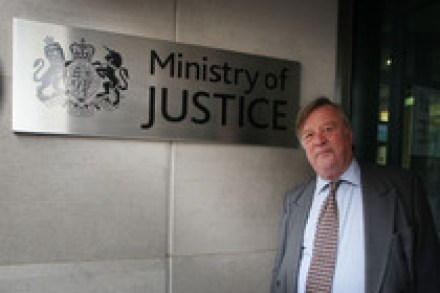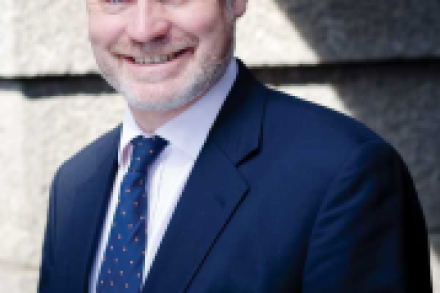The inviolable right of prisoners
After 6 years of resistance, the British government has submitted to the European Court of Human Right’s judgement that prisoners have the right to vote. It will use a case in the Court of Appeal to make the announcement and then prepare itself for compensation suits. Understandably, the government is furious that it has been forced to make a concession on law and order, an area where they are weak enough already. Even Dominic Grieve, a firm supporter of the ECHR, is understood to be exasperated. Straining to limit the political damage, Ken Clark hopes to limit the franchise to those prisoners sentenced to less than four years; judges may also



















